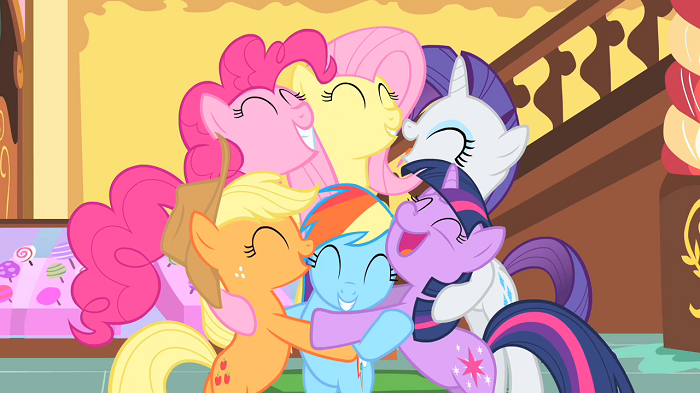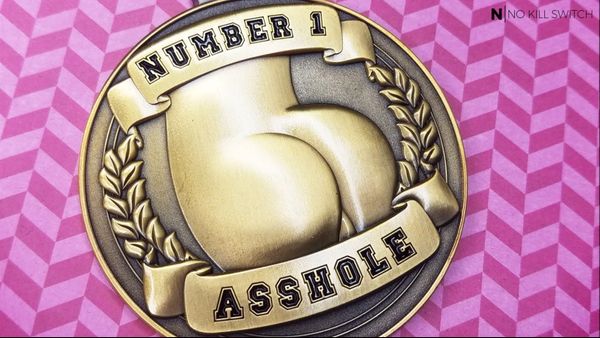I've recently read Lencioni's Five Dysfunctions of a Team - widely recognized classic on leadership & executive management. I'm not going for a full review here (you can easily find my review on Goodreads), but I want to refer to one of book's key output thoughts (paraphrased for the sake of brevity):
Conflict in a team (or any other kind of collaborating group) is not something to be afraid of. Quite the opposite - productive conflict is an essential element of creative processes within each team, required for its real, healthy growth.
Yupp, software delivery journey shouldn't be like Ponyville (but, to be fair, it shouldn't be a warzone either).

What may be the benefits of the conflict?
Well, first - conflict doesn't necessary mean a quarrel, squabble or any other kind of fight. Conflict is more about honestly, openly & respectfully stating own opinions (ones you consider valuable, meaningful & applicable in particular context) even if they:
- are not consistent with others' opinions
- are sort of breaking some social hierarchies / policies / written or unwritten rules, etc.
- make someone feel personally inconvenient / uncomfortable (this one is tricky - there are some borders that should not be crossed, but these should be set initially & explicitly)
Conflict defined like that is a basic instrument of building an open discussion & collaboration environment - one aimed to value common goals higher than personal ambitions, social status or sense of personal security. But ... (according to what I've seen myself) surprisingly many people tend to not notice (or forget about) it:
- Some filter out or ignore "inconvenient" topics to avoid the awkwardness & possibility of clash of will - usually because of being afraid that may get it personal (sigh...). Dealing with such topics quietly (off-stage) doesn't help as it kills transparency & decreases trust (people aren't stupid, ya know ...).
- Some restrict feedback to patting on should only - the usual justification is "criticism could strike morale down" ... (2x*sigh*) No feedback = no constructive discussion (that could lead to some kind of productive conflict), so why should anyone give an honest f#ck?
- On the other hand, some keep forgetting that team building sometimes needs facilitation & assistance - they let the conflicts to get out of control (it can happen when personalities do not match (like two spitfires) or match "too much" (e.g. less assertive conformist VS a strong character with dictatorial inclinations)

Neither of these above is beneficial. Such attitudes promote passivity, complacency & "intellectual laziness" (examples 1 & 2) or even literally break a team (example 3). The fact that conflict (like every other tool) may be overused or get out of control (escalate to unhealthy, non-constructive, personal levels) should not prevent anyone from utilising it, but just make us more aware and attentive (to not overlook the first symptoms of a problem).
Based on my experience, nothing helps as much as having widely known & accepted conflict resolution scheme (aka "ground rules" - developed by the team itself) in place (just in case ...) - to make sure that people:
- know the borders that should have never been crossed
- acknowledge the intervening authority that prevent conflict escalation
- keep remembering that getting answers to group's questions & problems remains more important than being personally right
In short, plan words - your workspace shouldn't be either too quiet (people don't care) or too loud (people don't share a common vision). Group's synergy is all about mixing people experience & ideas for the greater good - and this mixing is a lot like chemical reaction: in many cases elements to do not match in absolute harmony, there will be sparks, smoke & even some reek ;). But these are necessary for the beneficial final effect.
Pic: © zhitkov - Fotolia.com








